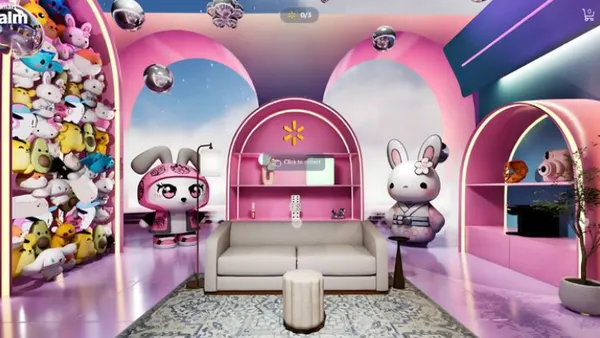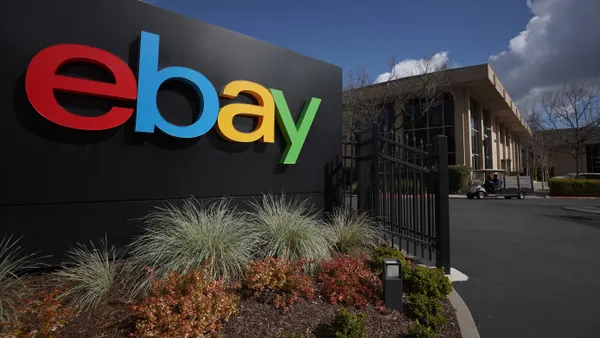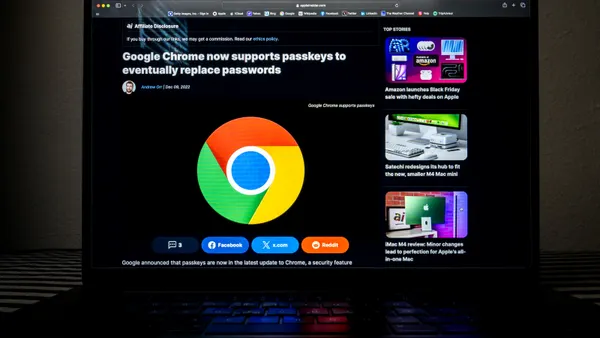Dive Brief:
-
Chinese e-commerce leader Alibaba and U.S. software giant Microsoft each claimed last week that their respective artificial intelligence systems achieved higher scores than humans did on a Stanford University reading and comprehension test, but the achievement may not be as groundbreaking as it sounds, according to a Wired magazine report.
-
Microsoft's AI achieved 82.65% and Alibaba's 82.44%, better than what Stanford's own researchers had categorized as a "human" score — 82.30%. However, the latter was a composite score, not one achieved by an individual human test-taker, and the test was structured to test the reading capabilities of machines, but not to compare AI performance to that of humans, Wired stated.
-
AI programs from companies such as Google, Facebook, Samsung, IBM and China's Tencent have taken the same test, which involves more than 100,000 questions based on more than 500 Wikipedia articles, according to a post about the achievement at XinhuaNet.
Dive Insight:
Alibaba and Microsoft were both eager to tout their AI achievement last week before Wired threw some cold water on their claims. They weren't exactly wrong, but there is a lot more to the test than meets the eye, according to the publication.
In any case, we can hardly blame the tech companies for trying to claim fresh laurels on behalf of their AI programs. As we have seen in retail, AI is clearly set to play major roles in many different facets of how companies operate, including how they serve and respond to customers and even how they protect those customers from growing cybersecurity threats.
The competition is thick and getting thicker. In retail, Amazon is already in the lead, with Google, IBM and Microsoft in the hunt, and other companies, including several start-ups, making their own moves in the race to bring AI advancements to the sector. Alibaba, meanwhile, wasn't seen as doing much with AI — at least not publicly — until the second half of last year, when the company released Fashion AI and Tmall Genie developments.
While both Microsoft and Alibaba jumped at the chance to tout their AI prowess, Alibaba seemed the more bullish of the two, saying AI would reduce the requirement for human involvement in many applications in an "unprecedented way," and likely lead to human workforce reductions, according to a statement quoted in the XinhuaNet post.
While AI definitely is changing the sector as we know it, we are likely many years away from realizing its full impact, and many companies that are already using AI have acknowledged that the value of forging a human connection to customers is something AI will be hard-pressed to match. And, impressive as it is, having your AI pass a reading and comprehension test won't change that.












